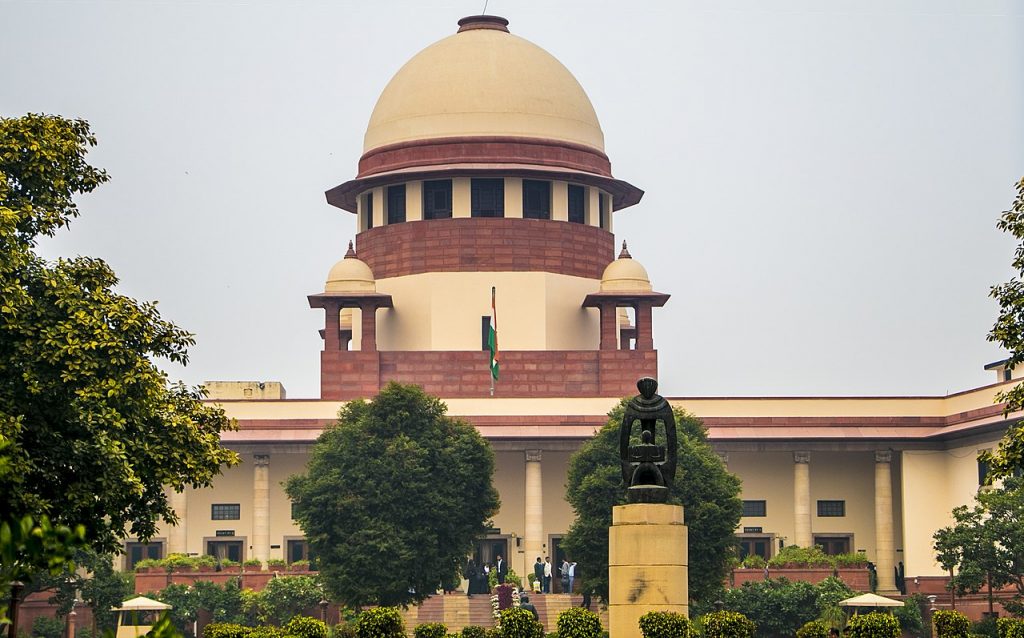 TheTechMedia.com/wp-content/uploads/2020/11/1280px-Supreme_Court_of_India_01-300×187.jpg 300w, https://TheTechMedia.com/wp-content/uploads/2020/11/1280px-Supreme_Court_of_India_01-768×478.jpg 768w, https://TheTechMedia.com/wp-content/uploads/2020/11/1280px-Supreme_Court_of_India_01-800×498.jpg 800w, https://TheTechMedia.com/wp-content/uploads/2020/11/1280px-Supreme_Court_of_India_01-1160×722.jpg 1160w, https://TheTechMedia.com/wp-content/uploads/2020/11/1280px-Supreme_Court_of_India_01-e1605807078317.jpg 900w” sizes=”(max-width: 1024px) 100vw, 1024px”>
TheTechMedia.com/wp-content/uploads/2020/11/1280px-Supreme_Court_of_India_01-300×187.jpg 300w, https://TheTechMedia.com/wp-content/uploads/2020/11/1280px-Supreme_Court_of_India_01-768×478.jpg 768w, https://TheTechMedia.com/wp-content/uploads/2020/11/1280px-Supreme_Court_of_India_01-800×498.jpg 800w, https://TheTechMedia.com/wp-content/uploads/2020/11/1280px-Supreme_Court_of_India_01-1160×722.jpg 1160w, https://TheTechMedia.com/wp-content/uploads/2020/11/1280px-Supreme_Court_of_India_01-e1605807078317.jpg 900w” sizes=”(max-width: 1024px) 100vw, 1024px”>The Supreme Court of India, on December 15, has dismissed the allegations that cab regulators Ola and Uber were facilitating cartelization and anti-competitive practices by announcing that the drivers from said companies were not in cahoots and in fact, acted independently of each other. This order dismissed the idea that the drivers were somehow manipulating the prices to be charged from these cab aggregators.
The apex court of the country upheld the Competition Commission of India (CCI) order. The verdict was provided by the three-judge bench of Justices RF Nariman, KM Joseph, and Krishna Murari. The legal website, Live Law also reported that the three-judge bench also found that the informant in the case, Samir Agarwal, had no locus standi to move to the CCI in this regard.
Samir Agarwal had alleged to the CCI that the algorithm pricing system of the cab aggregators takes away the liberty of individual drivers to compete with each other. He also alleged that this practice of algorithmic pricing leads to price-fixing by the aggregators which are in contravention to the provision of Section 3 of the ACT.
Section 3 of the CCI Act states, no enterprise or association of enterprises or person or association of persons shall enter into any agreement in respect of production, supply, distribution, storage, acquisition or control of goods or provision of services, which causes or is likely to cause an appreciable adverse effect on competition within India. It also states that any such agreement would be void.
However, with today’s decision, Supreme Court has concluded that drivers from these companies acted independently from each other, thus providing a huge relief to the ride hailing companies.
CCI has stated that prices are set based on several factors. The algorithm takes into consideration the traffic congestion, demand, festivals, etc. and then fixes the price. Agarwal’s appeal was also dismissed by the NCLAT, who stated that Agarwal has no locus standi.
The other allegation of minimum resale maintenance was also rejected as there is no ‘resale’ for the app-based cab services.







